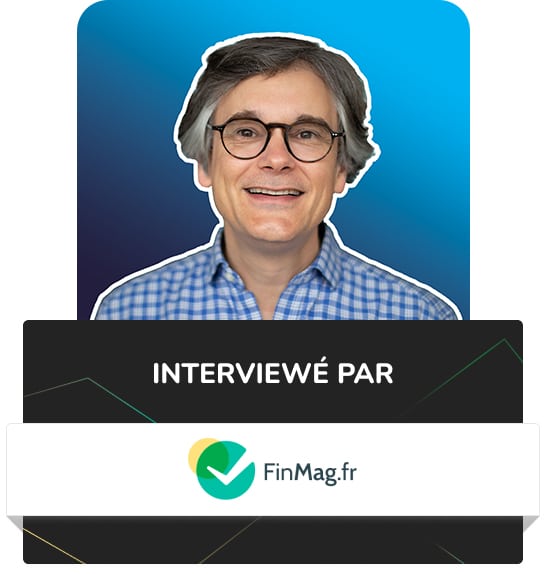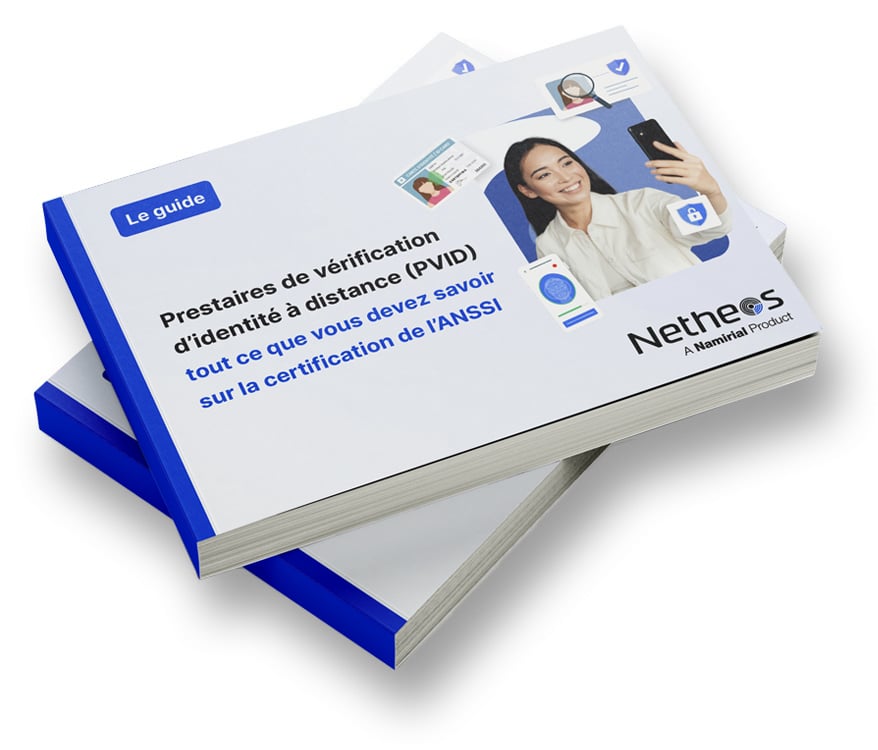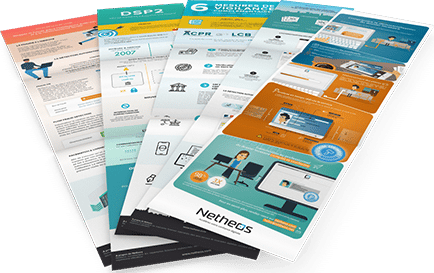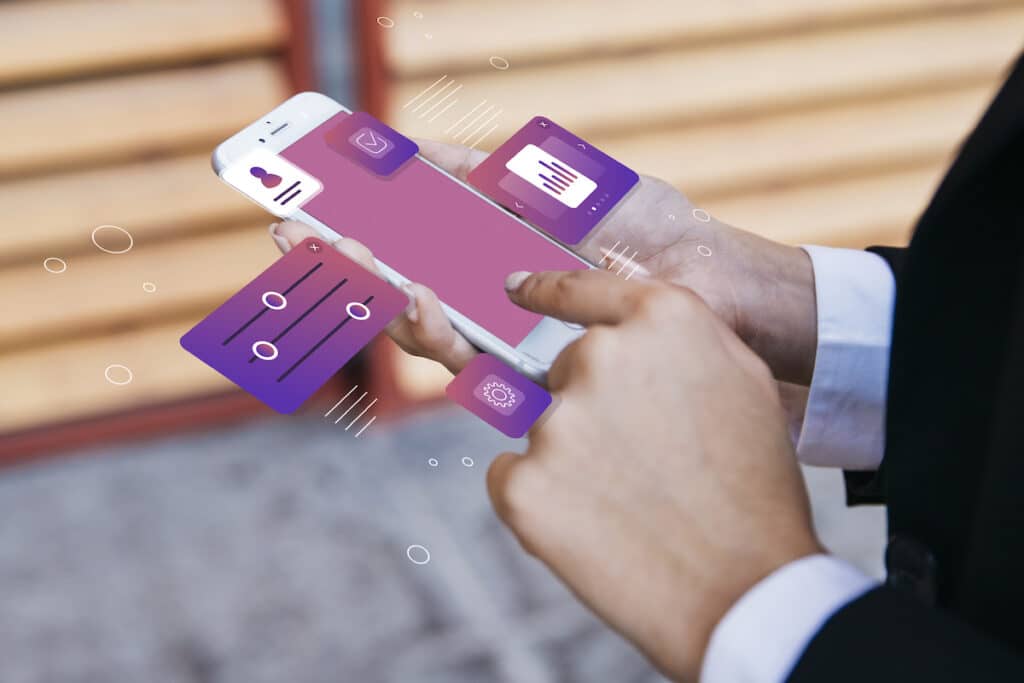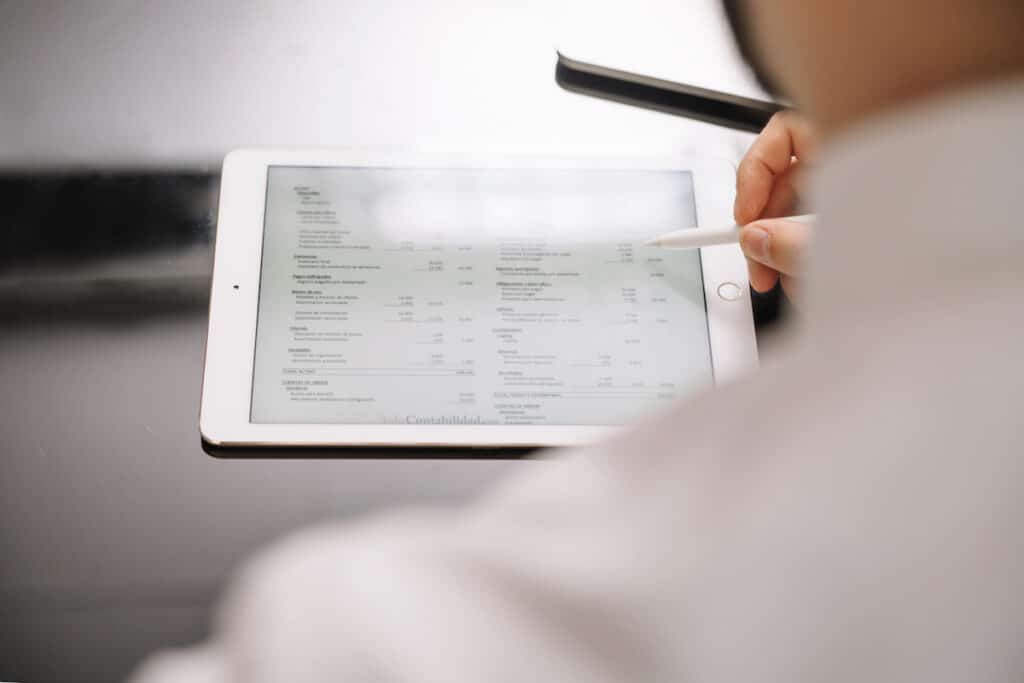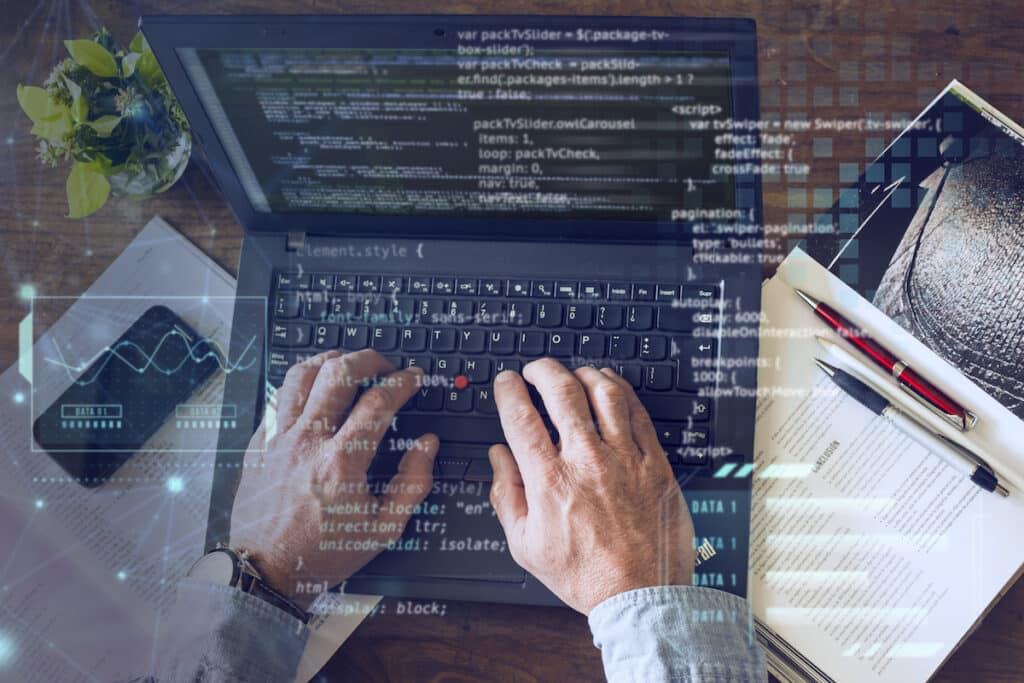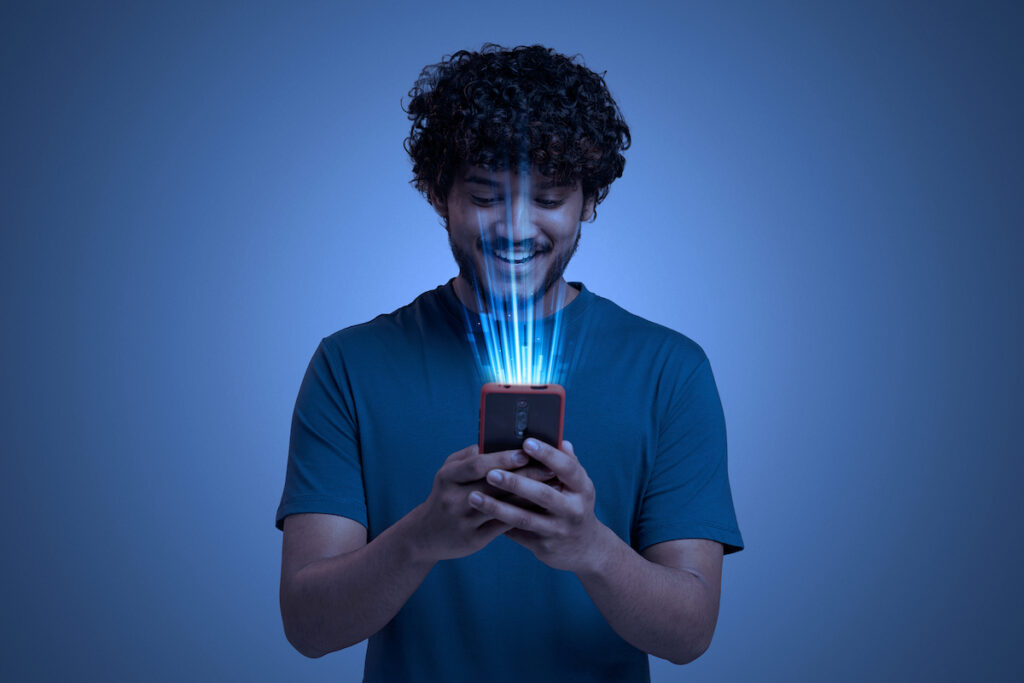Olivier Détour, CEO & founder of Netheos was the guest ofElizabeth Badinier in the program “La nouvelle éco” on France Bleu.
Find the podcast of this interview (5 min) below.
They address the themes of:
👨💻 Remote Identity Verification, which speeds up the application process
🤖 Artificial intelligence, which enables fraud detection
✍️ The electronic signature, which has the same legal value as a handwritten signature
Enjoy your listening!
You are proposing to secure remote contracting. What kind of contract are we talking about?
We are mainly talking about credit and insurance contracts. When you enter into a long-distance relationship, you have to protect yourself against a certain number of things, in particular money laundering and the financing of terrorism. It is an obligation, there are regulations.
“To verify your identity remotely, you are asked for a video selfie, the artificial intelligence can then compare with the photo that is on your ID.”
So, to secure contracts, you have to start by verifying the identity of certain people. How does it work?
It is very simple. You are on a website and you will first provide your ID. And then you will be asked to take a video selfie to compare your face to the one on the ID document. We want to protect ourselves from identity theft. So, we want to avoid that a third person uses your identity document typically to open a bank account, to subscribe a credit.
All this is done without human intervention, only by artificial intelligence?
So, I would say it’s a two-tiered hybrid audit. First, the technology is there to do first level controls and also to accompany the user in his approach. Help him by explaining, for example, that the document is blurred, and how he can scan it with better quality. And afterwards, there is also a human control which is made on other criteria.
“Artificial intelligence can recognize a real document from a fake one, like a counterfeit detector but with the means of the internet”
You also propose to check the credentials. Artificial intelligence is also capable of checking a proof of address, for example, or a tax return?
Yes, it is. This is called “machine learning” and “deep learning”. We make our algorithms learn a lot of documents. As a result, artificial intelligence is able to recognize a good document from a bad one. Either to prevent an error from the user, for example to tell him that it is obsolete or that it is not in his name. But it can also be used to detect fraud attempts, for example on income documents.
So it works a bit like a counterfeit detector in the supermarket?
That’s right, with the means of the Internet.
“The electronic signature is the purpose of the act”
Finally, the third step, when you make a contract, is to sign it. And here again, electronic signature is your field?
Yes, we have been working in the field of electronic signature since 2004 and it is a bit the purpose of the act. When you enter into a long-distance relationship, you have to prove your identity. You have to provide a certain amount of proof, but in the end, you have to sign a contract. And this is done electronically, with the same legal value as a paper contract.
We can see that when we talk about remote procedures, it means that we don’t need to go anywhere. Has your business benefited from the Covid crisis, where people are asked to avoid contact or travel?
Yes, she has benefited. And I’d like to think that the feeling was mutual. It’s a real service to be able to take out an insurance policy remotely, to be able, for example, to rent an apartment when you have to move from one city to another in the middle of a confinement, to be able to do it from your living room, it’s something very comfortable. This has accelerated these practices, which were already increasing significantly, as we saw last year, and it was becoming a necessity.
With this health crisis, there is a lot of talk about document fraud. Anyone who wants to take advantage of the state’s assistance, document fraud or identity theft are fraudulent activities that are so easy today.
Today, it’s easier to make a fake credit online than to rob a bank. We can feel that this is a source of inspiration. For us, the main risk for everyone is identity theft. We provide more and more documents remotely, so we have more and more risk of having our identity stolen. And that’s a real risk because once our identity is stolen, it’s very, very complicated to get rid of it. There is a real problem of confidentiality and security around the verification of identity, credentials as a whole.

